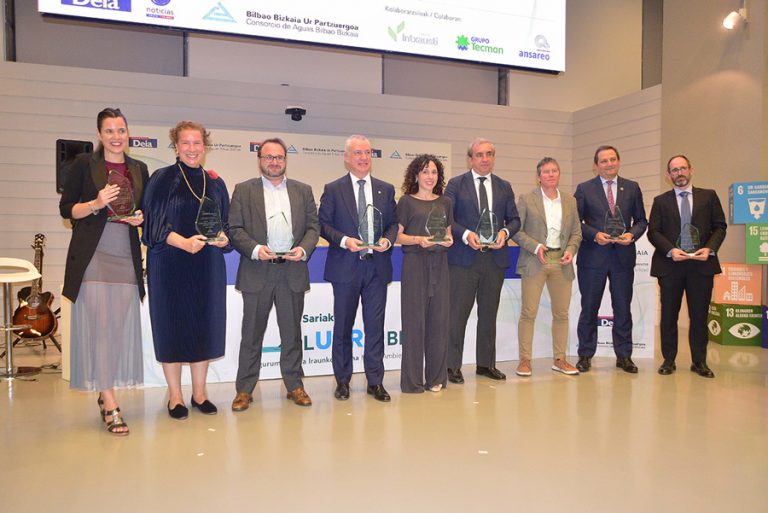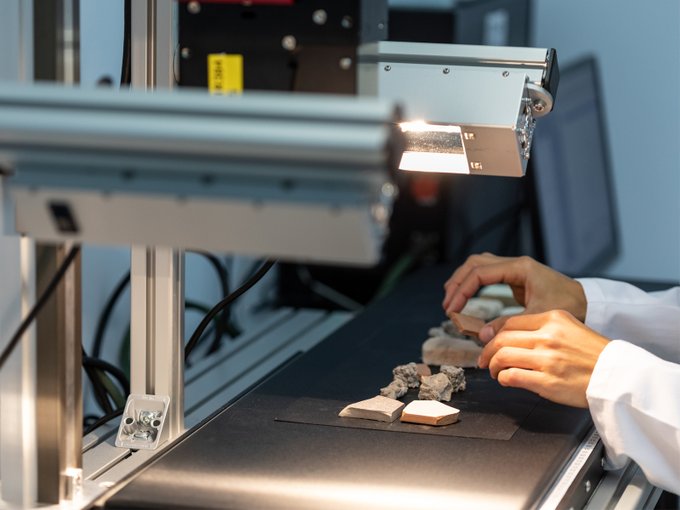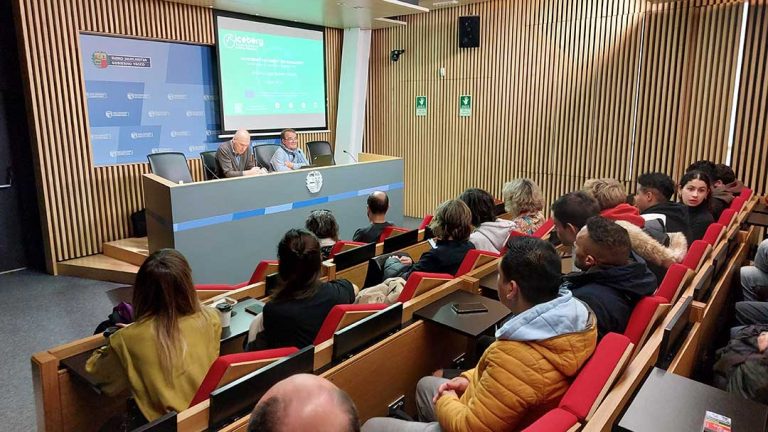This June the international journal Building and Environment has published conclusions of the research led by Ihobe, TECNALIA and the University of the Basque Country – UPV/EHU in the framework of the Iceberg Project.
The article authored by Ihobe, TECNALIA –partners of the ICEBERG Project– and the Department of Environmental Psychology of University of the Basque Country UPV/EHU, focuses on how citizens perceive circularity of building products and highlights the importance of increasing socieltal knowledge for accepting circularity in construction. The authors of the paper are Karmele Herranz-Pascual, David García-Esteve, Laura Vozmediano, Jone Aliri, Olatz Goñi-Balentziaga and Iñaki Susaeta. Building and Environment is an international, peer-reviewed, open-access journal on Building Science and its Applications.
Reusing materials in the field of construction is an aspect of European environmental goals that cannot be overlooked. Construction & Demolition Waste (CDW) is on the increase and its poor management contributes to climate change and pollution, thus affecting our health and wellbeing. The use of secondary materials in construction has hence been raised as a key circularity measure to reduce the impact of CDW on the environment.
Consequently, citizens need to be willing to support its regulations and accept the use of those materials in buildings, particularly housing. Little is currently known about public opinion as regards the use of those materials in construction; accordingly, this study seeks to establish citizen perception in that respect, but the aim is also to consolidate an instrument and an approach with which to expand the study focus to other European countries in the future.
Six hundred and five citizens of the Basque Country were interviewed for that purpose. The results show that there is a gap between attitudes and behaviour; there is majority acceptance of the circularity of construction products, but that is no guarantee that the majority of the population are going to behave in such a way to support it. Therefore, there is a clear need to work on the most appropriate methodology to promote that behaviour. The data indicate that information and awareness-raising are the most influential aspects in that regard.





